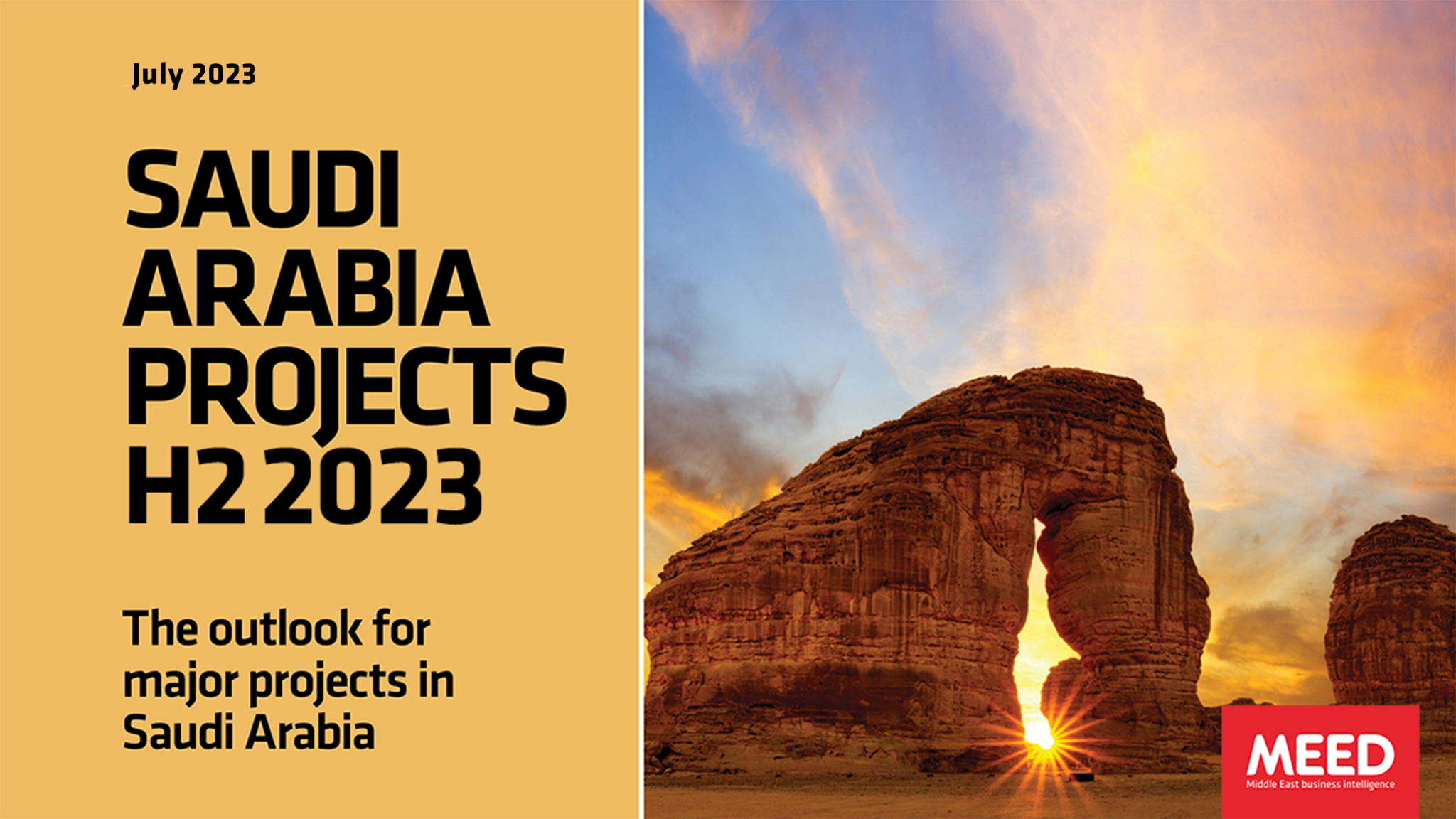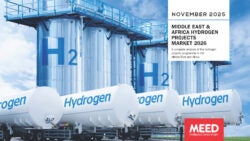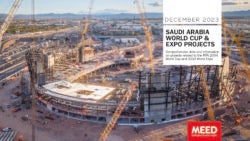Description
Private Sector participation (PSP) Law and Public-private partnership (PPP)
Saudi Arabia’s privatisation drive is poised to advance further in 2022, driven by legislative support from Riyadh and its appetite to work more closely with the private sector.
The kingdom’s push for PPPs in recent years forms part of its wider strategy to modernise state-owned assets and attract international investors in order to de-risk government spending. Riyadh expects its long-term growth ambitions will attract investors towards its PPP schemes, and has implemented legislative improvements in the past two years to help overcome the structural hurdles to privatisation in the kingdom.
In early January 2022, the National Centre for Privatisation & PPP (NCP) approved the implementing regulations of the new PSP law , which was approved in March 2021.
Economic outlook:
The Saudi economy has shown signs of improvement in 2021. It recorded a quarterly budget surplus during the third quarter of the year – its first since the first quarter of 2019. Overall, real GDP growth is estimated to have grown by 2.8 per cent in 2021 and is forecast to grow by 4.8 per cent in 2022 driven by oil sector recovery and improvement in non-oil activities.
Project contract awards and Outlook:
Saudi Arabia was the GCC projects market worst hit by the pandemic; contract spending fell by more than 55 per cent from a high of nearly $51bn in 2019 to just $22.1bn in 2020. Though Covid-19 was the chief reason for this decline, but the fall in oil prices also had a significant impact on government spending. However, contract awards growth of more than 80 per cent in 2021 did infuse some confidence amongst investors. With over $1.05 trillion worth of projects in pipeline, Saudi Arabia remains the largest single projects market in the region and offers many opportunities for investors across sectors.






Tijo Jose –
Insightful